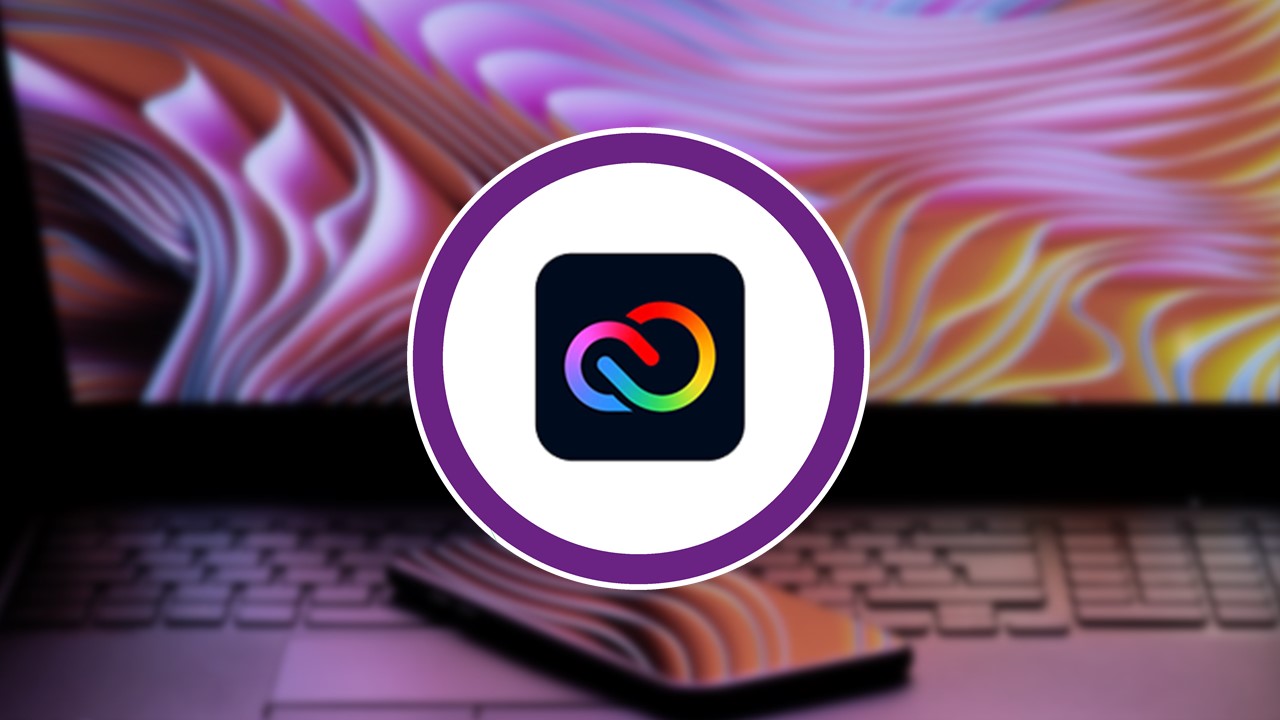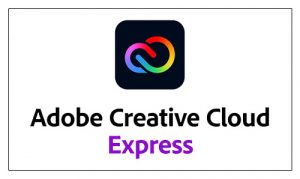Using a Spark (now Adobe CCE) to guide preparation for a class
What was the teaching/learning problem?
Helping first year students to gauge the scope and scale of work required to prepare for a class can be challenging at the best of times. We need to engage students with the concepts behind the work and with examples from professional theatre and performance practice. This is a practical course and we would normally run a one-day face to face workshop with students following their preparation so reduced day to day communications due to campus closure has made this even harder.
What was your take/ your approach/your solution to the problem?
Adobe Spark has offered a good opportunity to structure and guide students’ preparation for classes across all of our programmes. Making the Spark page has enabled staff to suggest an order in which to encounter the materials and to make suggestions for how long to spend on each part. It has allowed us to embed a wide range of practical examples as well as reading as part of the students’ preparation. The visual interface is much more attractive than Blackboard and it’s a very easy process which can also be highly enjoyable and creative!
Click on the image below to open the Spark.
What worked well and what did not work as planned?
Working in this way enabled staff to be clear and explicit about expectations for pre-class preparatory work. It allowed us to present both text and audio-visual sources as well as direct links to websites. It also allowed us to make suggestions for further work and research which students can return to for essay preparation in particular.
What was done to evaluate effects/ impact?
We have had extensive discussions with students through the Staff Student Liaison Committee where students have reported how much they have valued this guidance. We also received feedback through Course Unit Evaluations.
What have you learned from this experience?
There is a sense in which this method of presenting material is a discursive process between staff and students. We are creating a narrative and route through the work that we’re expecting students to undertake as part of their independent study. Rather than simply placing all the materials on Blackboard and expecting students to work through it, we’re curating a path through the material and helping students to make judgements, to challenge their ideas and to guide them towards new and diverse materials.
Student Feedback
“I have found the spark pages useful as it is comforting knowing everything you are expected to complete is in one place. It is also more visually interesting with the picture banners and the ability to embed video clips.” (Year 1 Drama and English Joint Hons student)
“From the perspective of a DASS student with attention/time management-related symptoms, Spark pages have been an absolute god-send when it’s come to seminar prep work. The layout of the pages make it very clear to see each task and it’s especially been helpful when the task included an estimated time as I could add them all up and figure out roughly how many hours I should be spending on each module per week, and subsequently tell whether I was spending too much time stuck on things or not. Now, I feel far better prepared for managing my own assignments and research time in the future so from both an accessibility point of view, and as an introduction to degree-level study. Spark pages are brilliant, so thank you for using them!” (Year 1 Drama and Film Studies student)
‘I personally found them [the Spark pages] really helpful. They kept everything I needed to do in one place that made sense, and I could just sit down and work through them chronologically.’ (Year 1 Drama student)
Additionally, on all our Course Unit Evaluations that praise for the Spark pages came up multiple times, for example:
“The Spark pages offered a wide range of materials (especially the additional sources and readings).” (First Year Drama student)
Benefits
The Spark pages can be re-used and/or edited for future use. They are easily shared with colleagues as well as students. They help with student engagement with the course materials as well as making it accessible and easy to navigate. Using the Spark pages is a good way to set up good habits in terms of preparation for class and helps students to develop independent study skills. It is a good way to support independent skills for subsequent essays and other research tasks and a very good way to indicate expectations as well as to encourage students to take a subject further should they wish.
Top Tips
If you were to do it again, what would you recommend?
Probably doing a lot in one go. It was a new approach for me and the uncertainties meant that I was creating them more spontaneously than I’d like. Doing a few at the same time could have meant closer cross referencing.
Do you have any tips or advice for colleagues who may want to do what you did?
Just jump in and try it! It’s so easy to set up an account and get started. Leave lots of time to be distracted by all the lovely free images! I themed one course entirely on sea and wave images – very satisfying.
References
Information and guides for staff: Adobe Spark Hub
For students: Student Guide to Spark (Page)




0 Comments